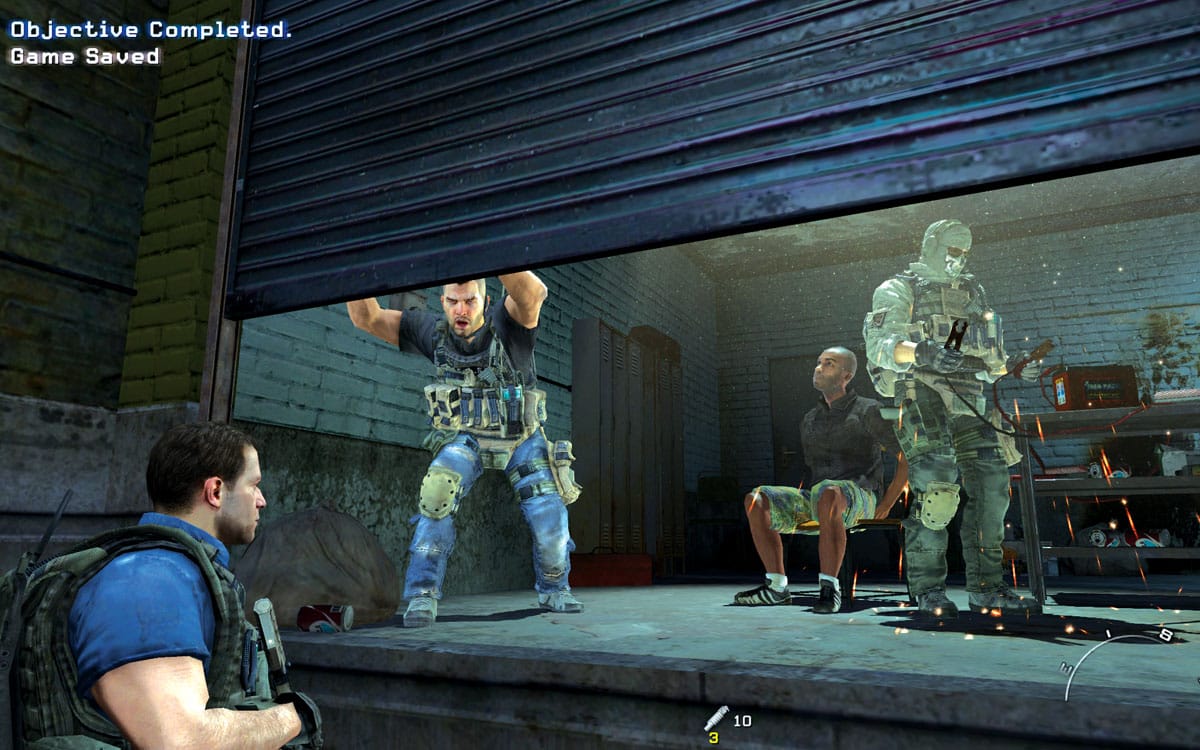How text based games make us examine war

There are the kind of games like Call of Duty, which do little to spark serious contemplation about morality or violence. This is the norm. Text games, however, may have a little more insight than your standard AAA fare.
Take 2007’s Rendition, whose title would not exist without the war on terror. Both the first two Modern Warfare games include “interrogation” sequences, once with a beating and once with electrodes. But where they coyly conceal the violence involved, Rendition makes you participate in awful detail. Try to leave the room and you’re told you haven’t done enough to Abdul. “Break Abdul’s toe,” you type, and the game replies: “Which do you mean? his left little toe, his left second toe, his left middle toe, his left fourth toe, his left big toe, his right little toe…” At this point, many players simply quit.
Just reading this in a browser is troubling, maybe even more so than a video, but why?
– – –
Reed…believes text allowed him to step away from the sheer speed of real-time first-person gameplay, creating a “frozen moment of contemplation”. “We’re not used to having all the time in the world to think how to react when someone is running towards us in a game,” he said.” “That situation is usually objective in an FPS – it’s being described with polygons, not racially-loaded language.” (At one point in Maybe you are asked to “shoot the hajji”.)
Visual violence is often the most visceral and horrifying. It unsettles the stomach. Written violence, on the other hand, troubles the mind. Yes, the context that writing can force upon you (“the hajji”) is an important aspect, but there is another that is equally important.
I think than when we’re focused on overcoming a challenge – we try to kill an attacker or win a race – we go into savage beast’s survival mode and shut ourselves down for any “higher class” emotions. Our vision gets extremely narrow, and we’re no longer multi-tasking. Beating the challenge becomes the only thing that matters.
You lose touch with deeper emotions because challenge and intensity pre-empt the cognition that would be devoted to reflection.
Whatever the precise cause, text-based games wrap you up in a way that visual games don’t. Whether the differences between these and visually focused games is simply due to self-induced restrictions or inherent boundaries of the genres is not so clear, the maturation of each will reveal their respective strengths and weaknesses. For now, though, they offer us distinct perspectives to view violence.



